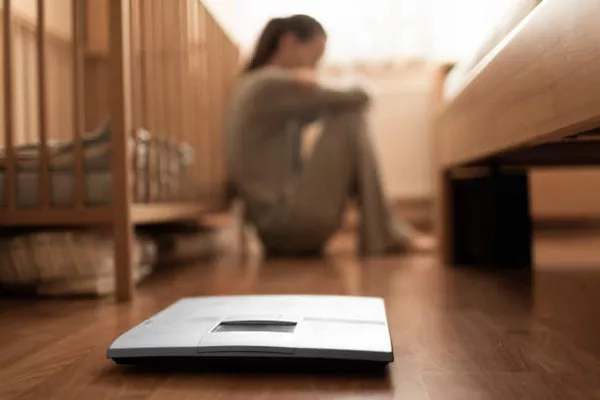Getting an accurate weight measurement is crucial, whether you’re aiming to shed a few pounds or find motivation for your fitness routine. Inaccurate readings can lead to discouragement, potentially derailing your health goals. Understanding the best practices for weighing yourself can help you stay on track.
Health Tips: The number on the scale isn’t the sole indicator of your health. It’s essential to maintain a healthy relationship with weighing yourself, using it as a tool to monitor your progress rather than a definitive measure of your well-being. You may also want to focus on body recomposition rather than just the number on the scale.
Here are key insights on how and when to weigh yourself for the most reliable results:
Optimal Time to Weigh Yourself
The best time to step on the scale is first thing in the morning, immediately after using the restroom and before eating or drinking. Experts recommend this timing because your body has had time to digest the food and liquids from the previous day, resulting in a relatively empty stomach and a more consistent reading.
Times to Avoid Weighing Yourself
While there’s no “worst” time to weigh yourself, certain conditions can lead to misleading readings. For example, weighing yourself after a large meal or after drinking a significant amount of liquid can temporarily increase your weight. Similarly, post-exercise weigh-ins might show a lower weight due to water loss from sweating.
For those who menstruate, it’s advisable to avoid weighing yourself in the days leading up to your period, as hormonal changes can cause fluctuations in weight. It’s normal for weight to vary throughout the day and from day to day. If you notice sudden or concerning changes in your weight, consult a doctor for advice.
Tips for Accurate Weighing
To ensure consistent and accurate readings, consider the following:
Weigh yourself at the same time each week.
Place your scale on a solid, flat surface.
Stand barefoot, evenly distributing your weight on both feet.
Wear minimal clothing or ensure you wear the same type of clothing each time to maintain consistency.
When to Stop Weighing Yourself
If you find that weighing yourself leads to negative emotions or unhealthy behaviors, it might be time to step away from the scale. Consider breaking up with your scale if you experience:
Negative thoughts triggered by the numbers.
Unsafe or unhealthy habits stemming from weigh-ins.
Persistent anxiety or sadness related to your weight.
Concerns about developing, recovering from, or having had an eating disorder.
Your well-being is paramount, and it’s important to maintain a healthy perspective on weight and health. If stepping on the scale becomes a source of distress, it’s perfectly okay to focus on other aspects of health and fitness.


